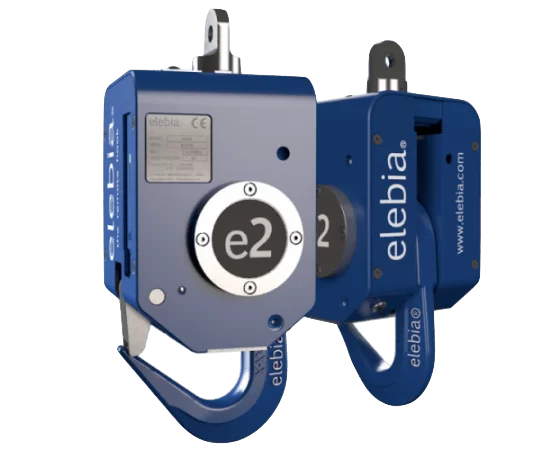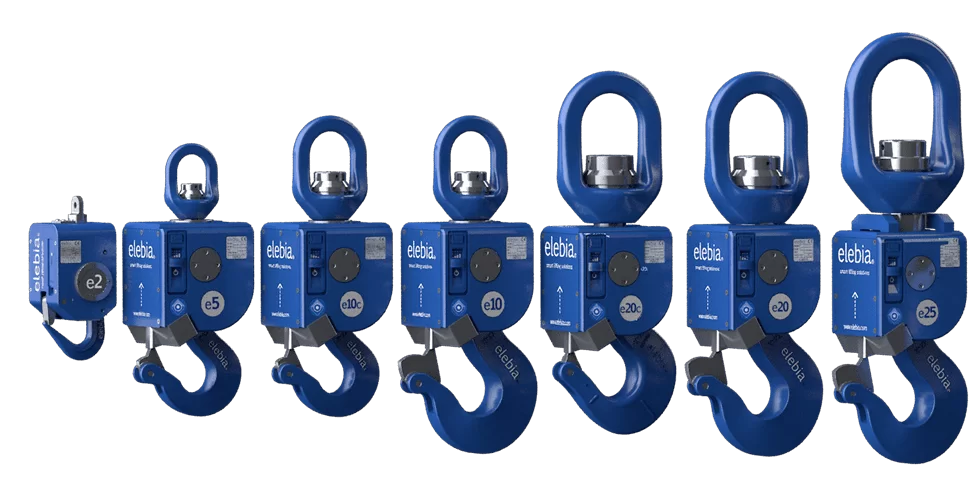25 February, 2022 Table of Contents Discover the evo2 Crane Hooks Discover the evo5-evo25 Crane Hooks  Raeton CC Parts Chongqing Zhongheng Chuangxin Auto Parts Co., Ltd , https://www.zhcx-autoparts.comChoosing the Right Hook
1. Lifting Capacity of the Hook and Its Lifting Accessories
When selecting a lifting hook, it’s essential to consider both the hook's lifting capacity and the accessories used in the process. Elebia lifting hooks are designed with built-in mechanisms and sensors, which make them more robust and complex than standard hooks. This design requires careful consideration of the geometry and size of the lifting accessories—such as shackles, chains, or rings—that will be used alongside the hook.
For example, a 5-ton ring might work well with a 2.5-ton hook, but may not be suitable for the evo2 crane hook. In such cases, either the lifting accessory must be adapted, or a higher-capacity hook like the evo5 should be chosen. Always ensure compatibility between your existing lifting equipment and the hook you select.
2. Application – Work Procedures
The application and work procedures involved in lifting determine the most suitable hook for the job. Some tasks involve standardized loads, while others require custom solutions. Standardized loads, such as paper pulp bales, allow for predictable performance, meaning a hook that works well for one client is likely to work for another. However, non-standardized loads, like big bags, require more tailored approaches due to their variable nature.
– Paper Pulp
Paper pulp is a classic example of a standardized load. Bales are tightly wrapped with wires, making it essential for the hook to fit easily between them. The evo2 hook, with its slim and compact tip, is specifically designed for this purpose. It allows for easy engagement and transport without damaging the load. In contrast, the evo5 hook, with its larger profile, would struggle in this scenario.
– Big Bags
Big bags, on the other hand, are often non-standardized. They can be lifted using various slings, different anchor points, and varying lengths. The evo5 hook is better suited for these types of loads because its larger size allows for easier connection to multiple handles and larger slings. Additionally, the shape of the evo5 ensures that the load sits evenly on the hook rather than on the tip, improving stability and safety.
3) Nonoptimal Conditions
In real-world scenarios, lifting operations rarely take place under ideal conditions. Factors like dynamic loads, unbalanced weights, hyperstatic lifting, and impacts can all affect the performance of your hook. These situations often require a higher capacity hook to prevent overloading and ensure safe operation.
Products Made For Your Company


Choosing The Right Hook
Raeton CC Parts